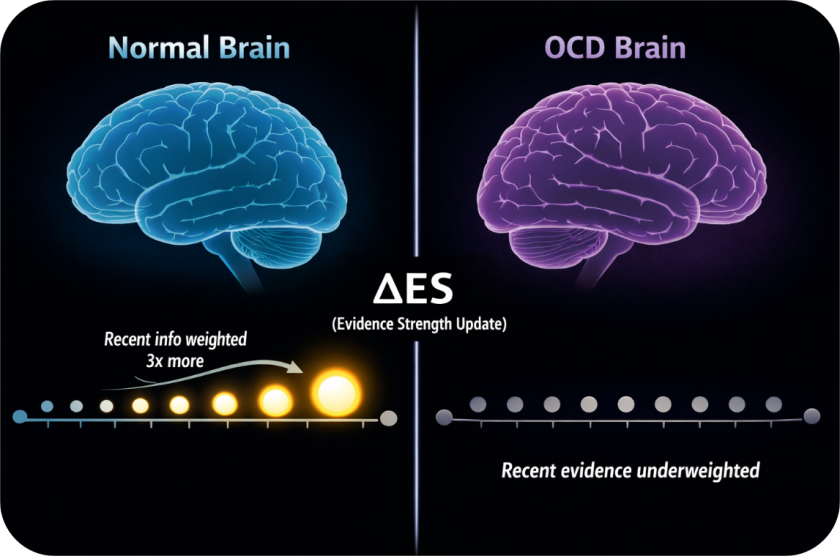A healthy society is one that not only allows, but also strives towards the integration of all constituent parts of it. It has been of note recently that more mainstream schools are accommodating to integrate children with special needs into their programmes. This is indeed a great step forward for any society.
Such a move would instill the concept of social equality in children, as well as provide them with opportunities to learn from their differences. However, as with all new opportunities, comes a set of challenges and responsibilities. And for inclusion to be a pleasant experience for both children with and without disabilities, society as a whole has a role in educating its individuals about accepting others, and viewing it as an opportunity of growth through embracing diversities.
Children are curious by nature, and encountering peers with different abilities will raise queries. This is where you as a parent should take an active role in educating them about disabilities, and facilitating healthy relationships with their classmates and peers.
Start by encouraging questions: Children will probably not think about disabilities until they meet people living with disabilities. And once they do, it is inevitable that queries will start building up in their little curious brains.
At different stages in life, children will have different types of questions about their peers with disabilities. In younger ages, they may be as simple as to why a classmate uses different means of communication, mobility, or even behave differently. And as children grow older, questions may grow deeper and become more sophisticated. Encouraging such queries is the first step to proper inclusion. Children become more accepting when they develop better understanding of others.
Be smart in answering your children’s questions:It is only natural to worry about not being able to correctly answer your curious child, so here goes some tips to help you through this.
Always use proper vocabulary while answering your children’s questions. This will help them use proper vocabulary themselves when talking to their peers. Replace terms like “disabled children” with “children with disabilities” or “different abilities”. Avoid using outdated terms like: “suffering from” or even describing a child as being “normal” or not. Such terms promote pity and allow labeling of children, and accordingly, create a ground for discrimination.
Answer your child’s questions using simple words which they can understand, and make it clear that it is alright to be different. Explain that we all have special qualities, and at the same time happen to face difficulties with certain aspects of our lives. To get these ideas across, use concrete examples that your child can relate to. For example, you could explain how your child might excel in arts, but finds it difficult to solve math problems.
We are more alike than different: Encourage your child to find things that they share with their peers with disabilities. Your child might need some prompting at the beginning. You can have him/her ask their classmates about their favourite food, favourite colour, TV show, or pass time activity. Children will be surprised of all the things they have in common.
Look beyond the disability: Have your children focus on what their peers with disabilities can do, rather than what they cannot do, or the way they do things.
Encourage interaction: Encourage your child to interact with their peers with disabilities. Start with simple steps such as having them approach their classmates with a kind “good morning” at the start of their school day. You can also take an active role in including classmates with disabilities in small-group activities you arrange; Invite them to birthday parties, have them over for play dates, or take them for a day out with your children and their friends. Children become friends when they have fun together.
Remember to ask parents of children with disabilities if there are any precautions you need to be aware of on a day out, a party, or a play date (i.e., a special diet, or sensory difficulties that you need to attend to), then have fun with the kids.
Watch movies and read stories together: During the last decade, media has had a big role in spreading awareness about disabilities. Find age-appropriate movies and children stories with characters living with disabilities, and watch/read them to your little ones. However, be aware of and avoid movies/books that use inaccurate stereotypes when portraying characters with disabilities.
Practicing the above-mentioned points will help you equip your children with much needed human values, and thus, become active agents of change in their community. This is a chance for you as a parent to create a path of tolerance, acceptance and appreciation between individuals in your society.




